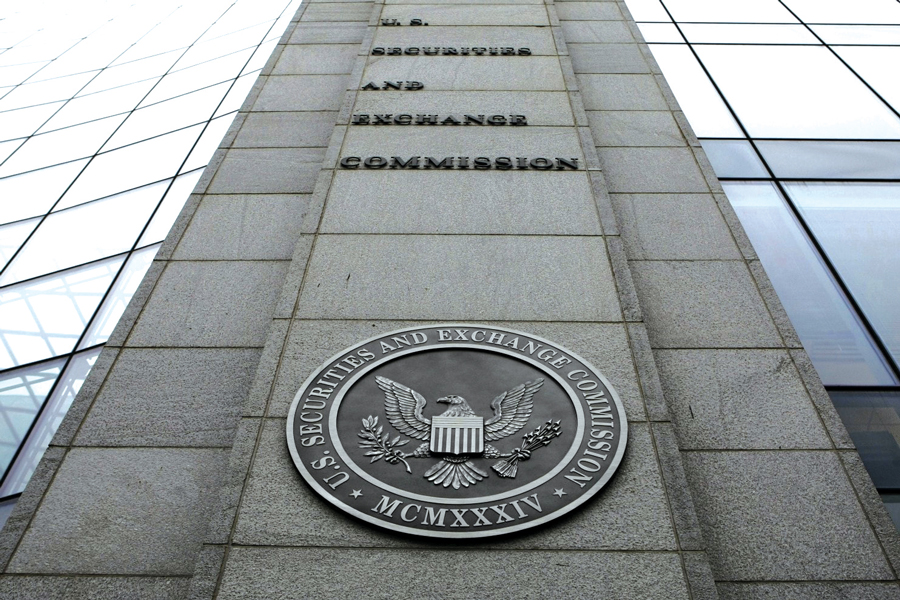

City National Rochdale, the wholly-owned registered investment advisory unit of New York-based City National Bank, has agreed to pay more than $30 million to settle charges brought by the SEC that the RIA's undisclosed conflicts of interest defrauded clients.
The Securities and Exchange Commission also censured the firm.
The money that the City National unit pays will be placed into an SEC fund to be distributed to harmed investors, the agency said in a release.
According to the SEC’s order, from at least 2016 through 2019, City National Rochdale, which has discretionary authority over client accounts, didn't let clients know that it was investing their assets in proprietary mutual funds that generated fees for the RIA and its affiliates, rather than in the funds of competitors that might charge lower fees.
The order also found that from at least 2016 until 2019, CNR failed to inform some prospective clients that they could invest in the RIA’s proprietary funds at a lower cost. Clients who opened accounts with certain affiliates of CNR didn't pay 12b-1 fees, but most clients who invested with CNR through their own financial advisers did.
[More: Goldman probed by SEC over messages sent using unapproved services]

Most firms place a limit on advisors’ sales of alternative investments to clients in the neighborhood of 10% a customer’s net worth.

Those jumping ship include women advisors and breakaways.

Firms in New York and Arizona are the latest additions to the mega-RIA.

The agent, Todd Bernstein, 67, has been charged with four counts of insurance fraud linked to allegedly switching clients from one set of annuities to another.

“While harm certainly occurred, it was not the cataclysmic harm that can justify a nearly half billion-dollar award to the State,” Justice Peter Moulton wrote, while Trump will face limits in his ability to do business in New York.
Orion's Tom Wilson on delivering coordinated, high-touch service in a world where returns alone no longer set you apart.
Barely a decade old, registered index-linked annuities have quickly surged in popularity, thanks to their unique blend of protection and growth potential—an appealing option for investors looking to chart a steadier course through today's choppy market waters, says Myles Lambert, Brighthouse Financial.
